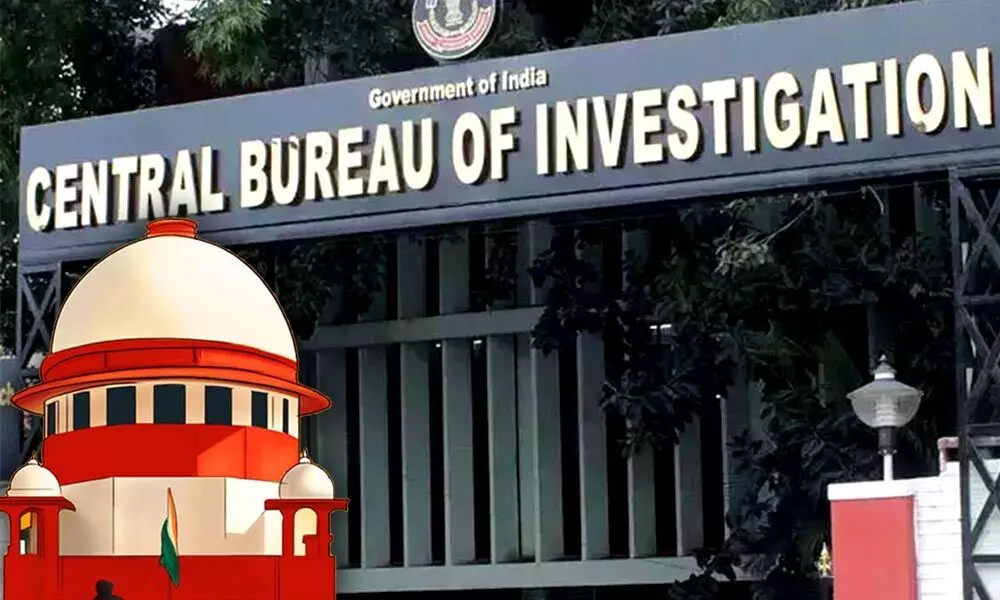On Wednesday, the Supreme Court affirmed a Delhi High Court order directing FIRs against former CBI Joint Director Neeraj Kumar and Inspector Vinod Kumar Pandey in connection with alleged misconduct dating back to 2000. The bench of Justices Pankaj Mithal and P.B. Varale observed it was “high time that those who investigate must also be investigated to keep alive the faith of the public at large in the system.”
The ruling, coming 25 years after the alleged incident, underscores the judiciary’s growing insistence that no official, however senior, is beyond the reach of criminal inquiry.
Algoritha: The Most Trusted Name in BFSI Investigations and DFIR Services
Allegations of Abuse and Intimidation
The case originated in complaints by Vijay Aggarwal and Sheesh Ram Saini, who accused the officers of coercion and procedural misconduct. Aggarwal alleged he was pressured—through threats, intimidation, and even vulgar language—into withdrawing a complaint his brother had filed against Kumar. Saini, meanwhile, charged the officers with misuse of authority during seizures of documents.
The High Court, in its 2006 ruling, had described these allegations as grave and not unfounded, noting they prima facie disclosed cognizable offences under the Indian Penal Code. Despite a preliminary CBI inquiry finding no offence, the court ruled that the seriousness of the charges required a full-fledged investigation.
A Question of Accountability
In upholding the High Court’s stance, the Supreme Court drew attention to the larger principle of accountability. “It would be a dichotomy of justice if such an offence is allowed to go uninvestigated, particularly when there is involvement of officers on deputation to CBI,” Justice Mithal wrote. The bench stressed that justice must not only be done, but must also be seen to be done—especially when law enforcement officers are accused of abusing their powers.
The apex court clarified, however, that the High Court’s observations were prima facie in nature and should not prejudice the discretion of the investigating officer once the FIRs proceed.
Investigation Under Delhi Police Oversight
While the High Court had directed the Special Cell of Delhi Police to investigate, the Supreme Court specified that the probe must be conducted by a Delhi Police officer not below the rank of Assistant Commissioner of Police. This directive is intended to ensure independence while maintaining institutional balance.
For Neeraj Kumar, who later rose to become Delhi Police Commissioner before retiring in 2013, and Pandey, the ruling represents a dramatic reversal of fortunes. For the public, it is a rare instance of the judiciary insisting that even the guardians of accountability cannot escape the accountability they enforce on others.



